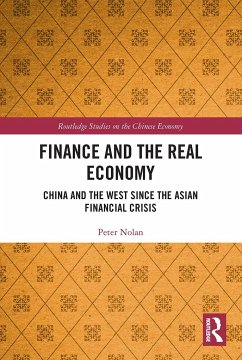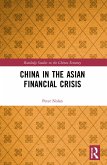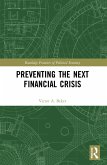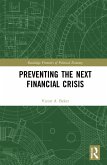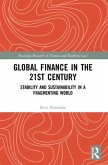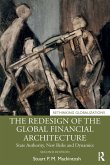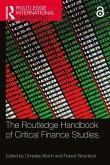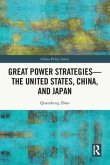The different approach taken by China and the West towards finance and the real economy rests upon philosophical foundations that have diverged fundamentally since the Ancient World. Since the Asian Financial Crisis in 1997-98 a tremendous transformation has taken place in the financial systems in both China and the West. China has persisted steadily with reform of its financial system but it remains heavily protected from international competition. In the West regulatory structures have been progressively dismantled, permitting an unprecedented secular expansion of asset prices and debt relative to GDP. The structure crashed to the ground with the collapse of asset prices in 2008-09. In the decade since the GFC asset prices and debt in the West have rebounded. The West's financial system stands on a knife- edge. In 2018 China announced the intention to accelerate the opening up of the country's capital markets. The way in which the Chinese and the West's financial system interact constitutes a central issue in global political economy in the years ahead.
Bitte wählen Sie Ihr Anliegen aus.
Rechnungen
Retourenschein anfordern
Bestellstatus
Storno

